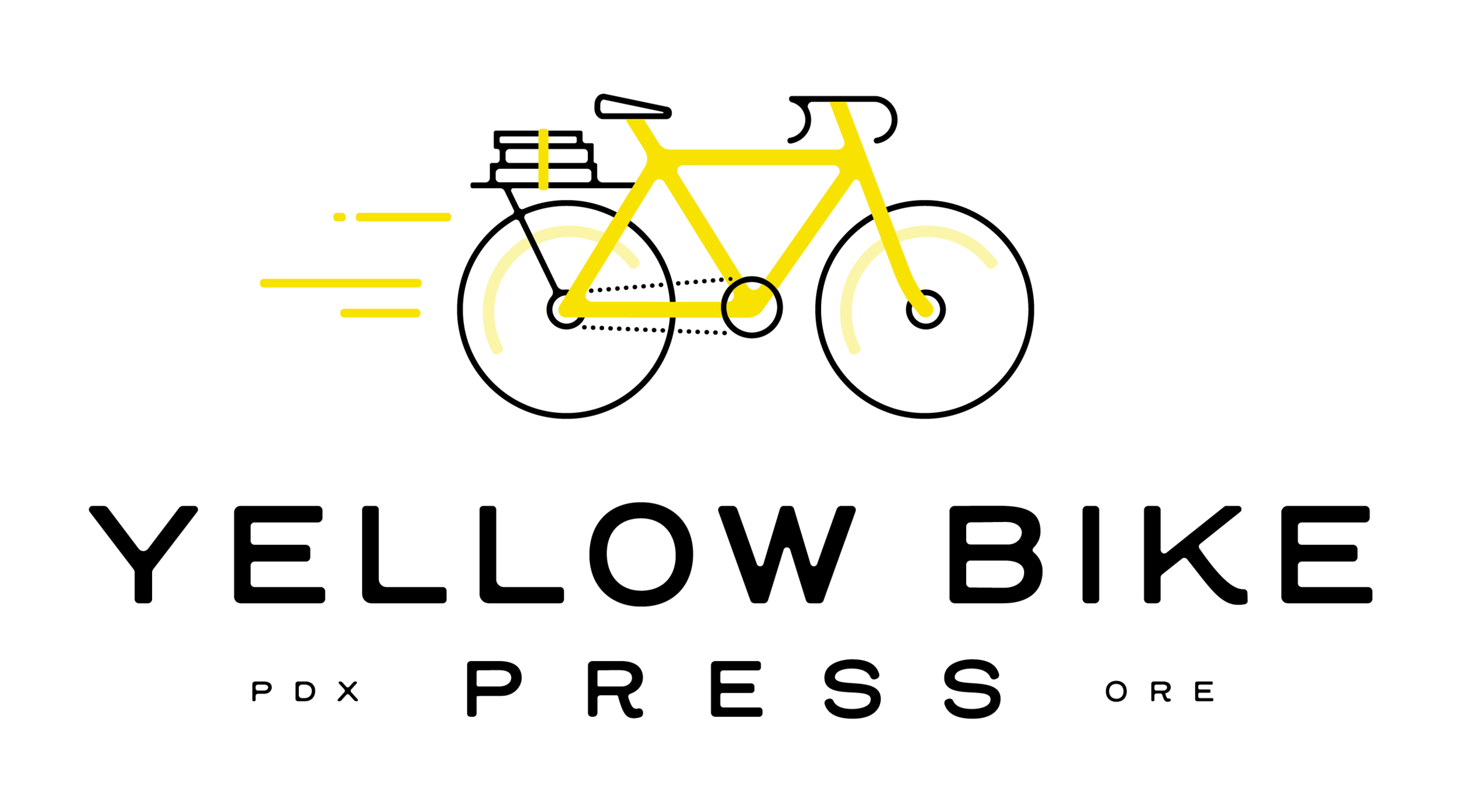What is Reading?
I’m a slow reader. Grad school felt like drowning, much of the time. In fact, grad school helped me develop an eye for “sizing up” a text without processing its every word. I only knew I could do that because somehow, despite not getting through all of the assigned books, I held my own in classroom conversations, and eventually earned a PhD.
Grad school also taught me that I’m a private reader. Friends invited me to coffeeshops to read together. I tried, but always got distracted by my cappucino, by the music, by the people passing on the street. I’ve had an easier time reading among strangers—I’ve read some great books on cross-country plane rides—but ultimately I read best when I’m alone. When it’s quiet. Late at night or early in the morning.
I have other literary idiosyncrasies. I pace when I read, just as I pace when I write. (I’m pacing right now. It helps me think.) When I can’t pace, I fidget. I rub my head a lot. When I was a kid, I used to read lying on the back floor of the car—feeling the road vibrating through the chassis. That brought the words to life somehow.
Maybe these words are coming to life for you. Maybe they aren’t. Talking about reading is like talking about consciousness—we can follow someone’s testimony about it, and track whatever external markers are there for the tracking. But our experiences are ultimately unknowable to one another. Sure, neuroscientists can watch which areas of the brain light up when people open a book. And sure, when I edit, and when I write, I can (and I do) make an educated guess about an “ideal reader.” Talk about a term of art! That one drives trade publishing—which, like most commercial enterprises, sometimes requires that mysteries be rationalized.
The truth is that I don’t know any ideal readers. And if they exist, I wouldn’t know how to describe what reading is for them. If you’re a writer, editor, or publisher, that might seem terrifying at first. But I promise you that it is actually empowering.
